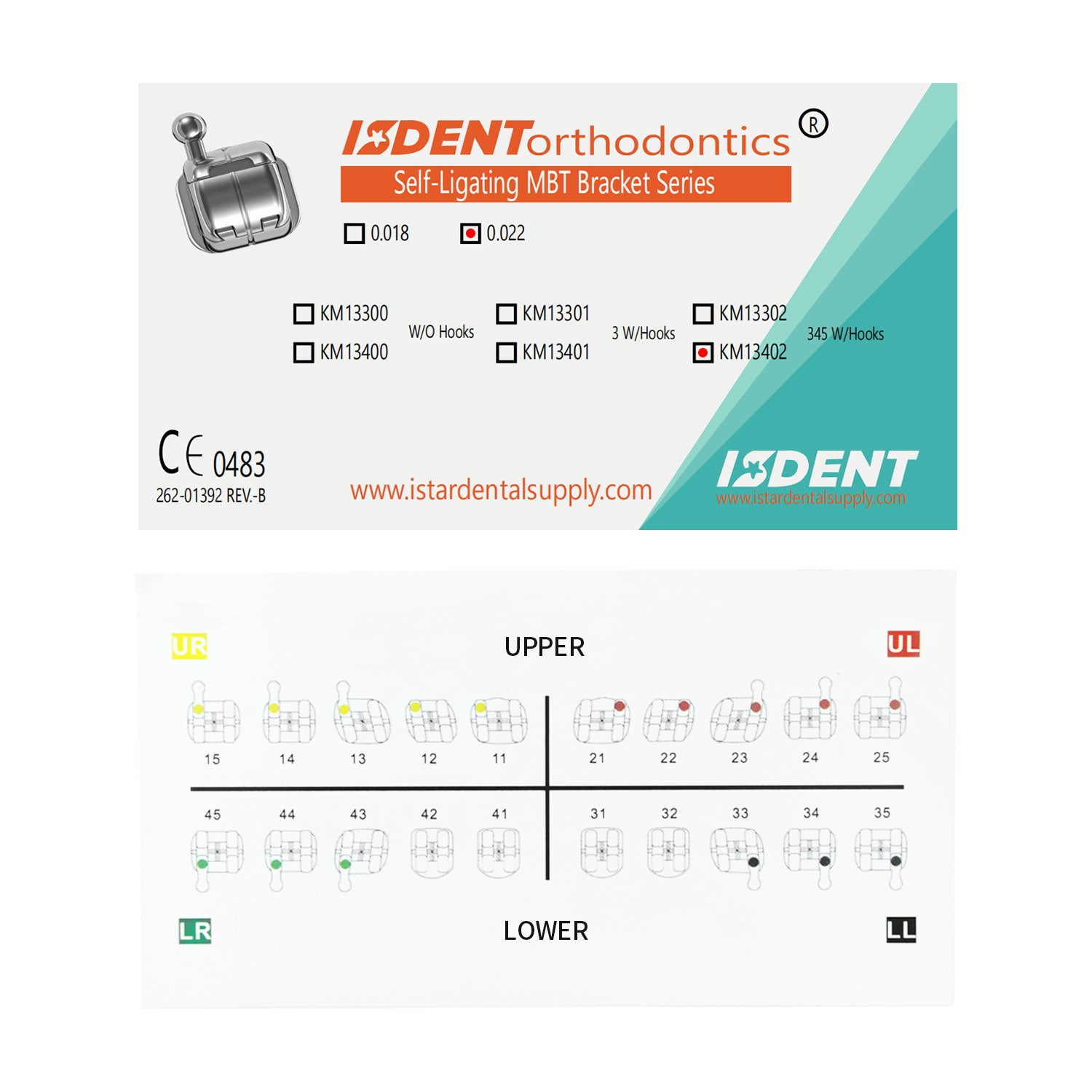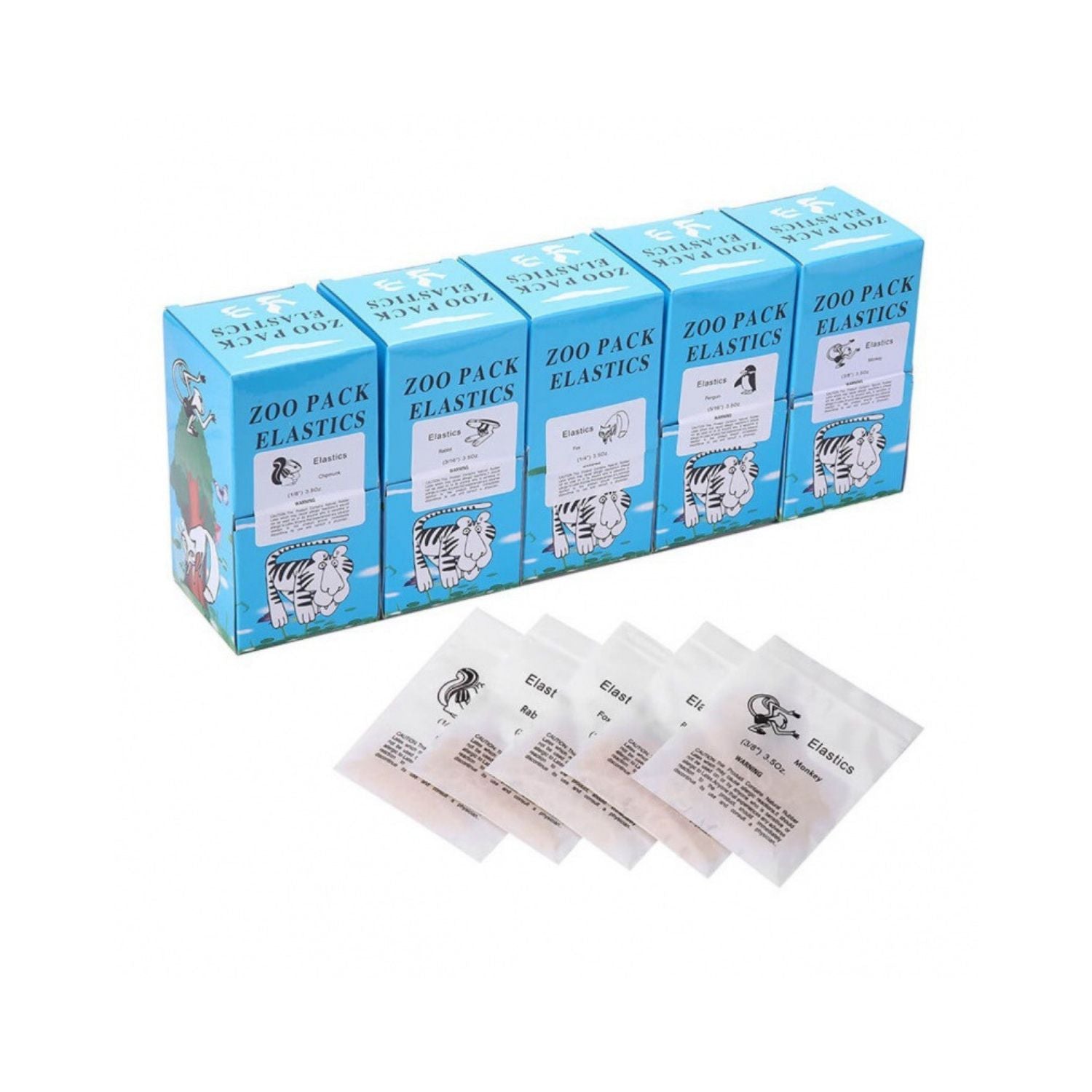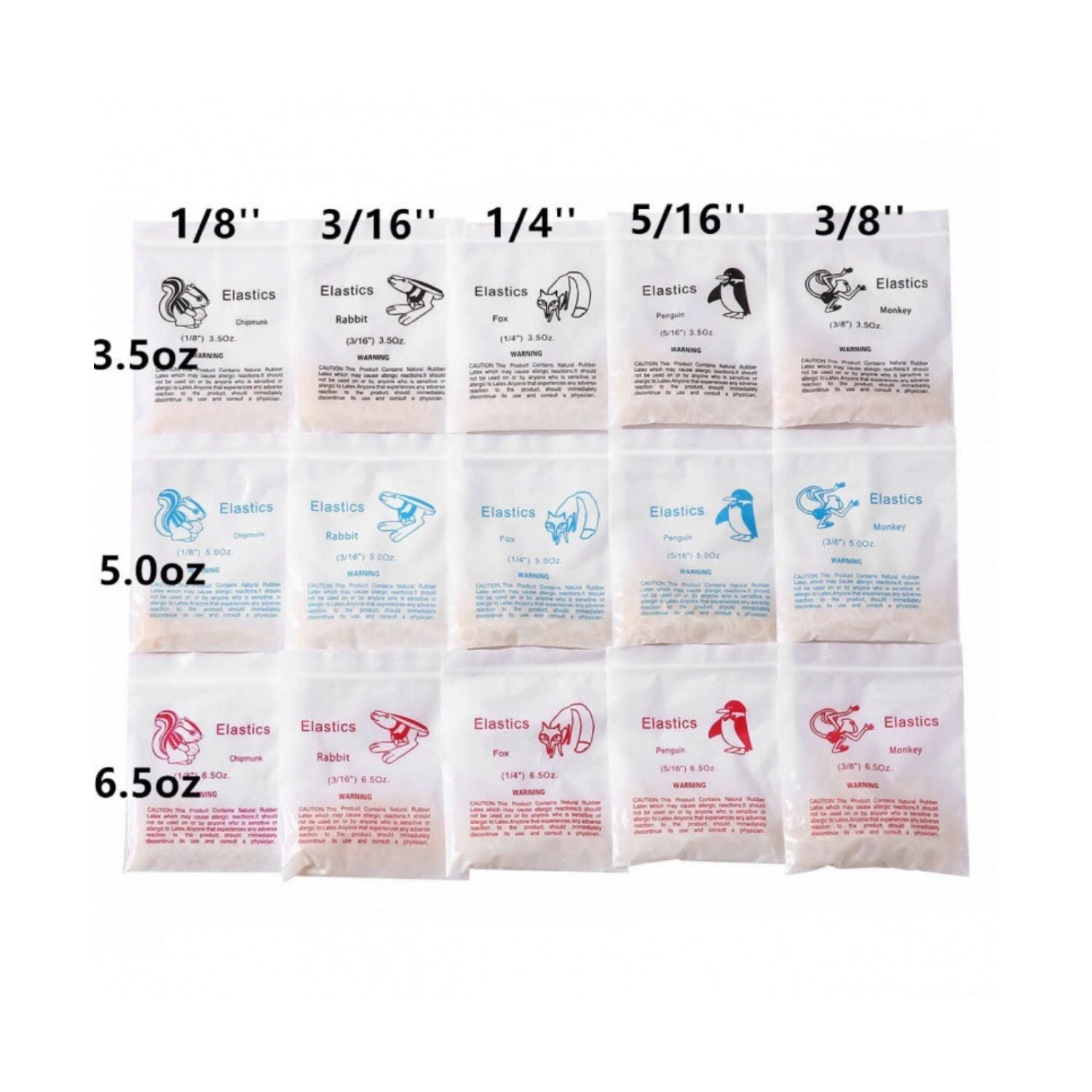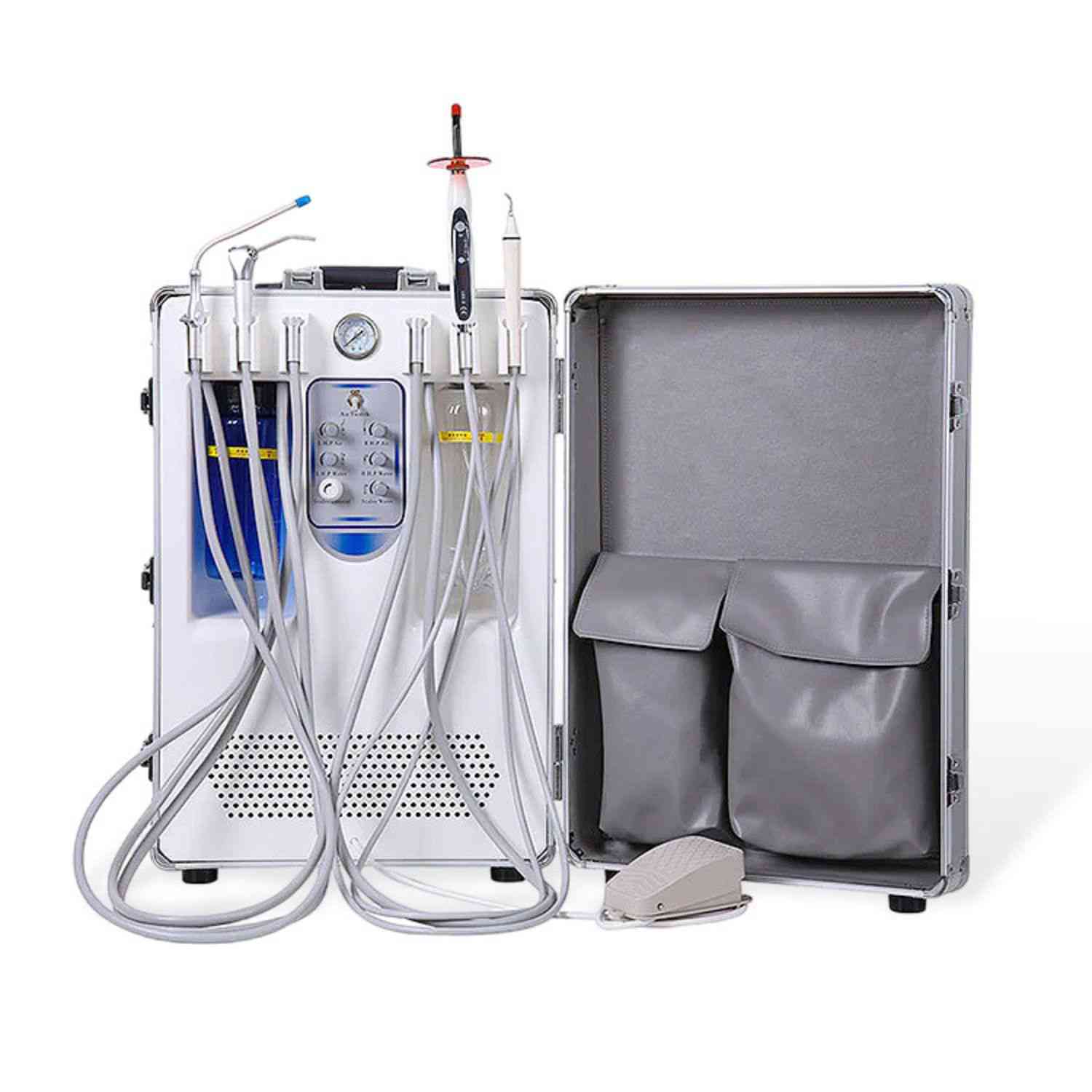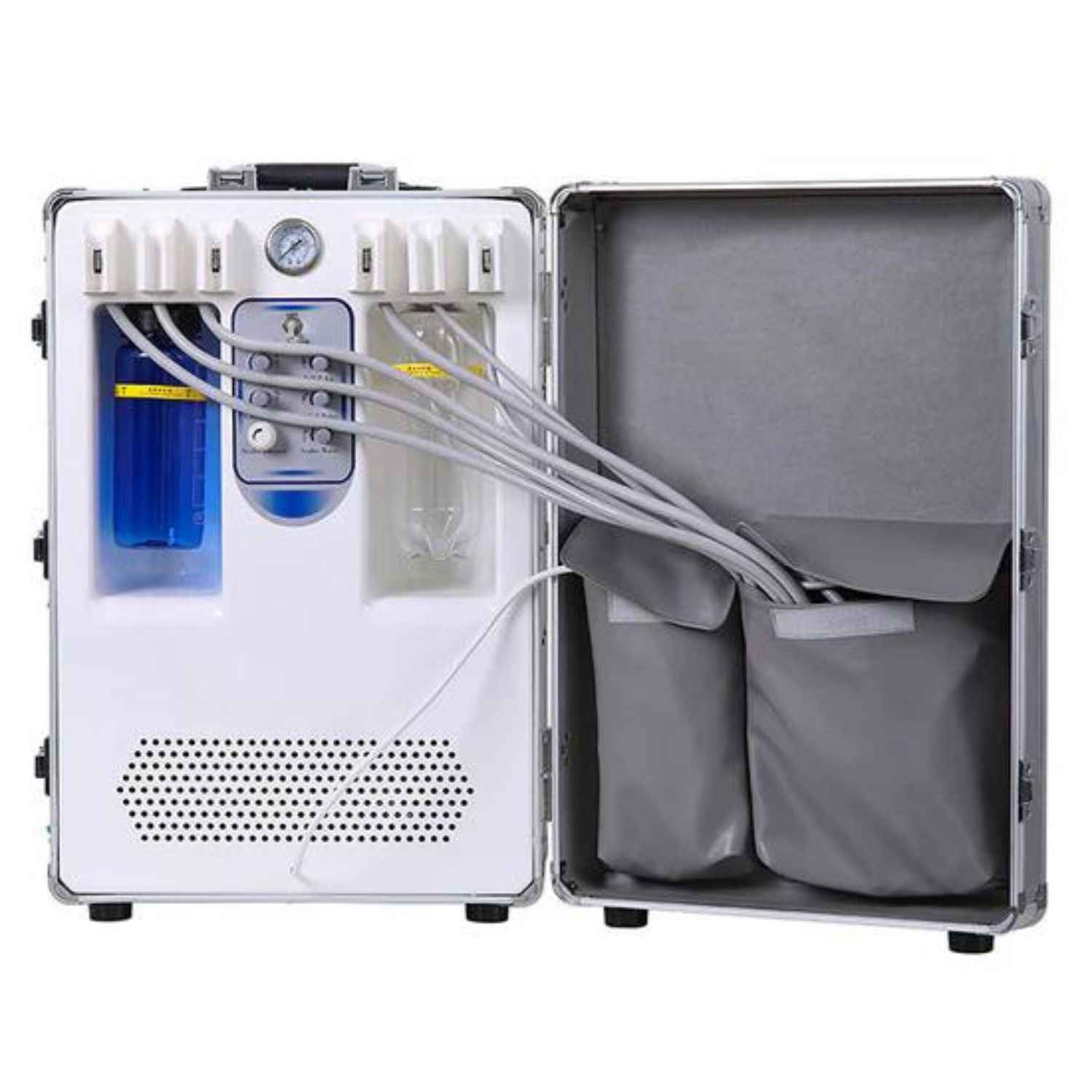Why Is My Tooth Sensitive? Causes, Solutions, and Prevention
Tooth sensitivity is a common problem that affects many people. If you feel a sharp pain when you eat ice cream or drink hot coffee, you're not alone. This article will explain why your tooth hurts and what you can do about it.
Quick Answer
Tooth sensitivity often happens because of worn enamel, gum recession, or exposed roots. Common triggers include hot or cold foods, brushing too hard, or tooth damage. You can try desensitizing toothpaste, fluoride treatments, or dental procedures for relief. See a dentist if the pain doesn't go away.
How Common Is Tooth Sensitivity?
Let's look at some facts about tooth sensitivity:
| Fact | What It Means For You |
|---|---|
| 10-30% of adults have sensitive teeth | You're not alone - it's a common problem |
| Most common in people aged 20-50 years | Adults of all ages can get sensitive teeth |
| 22% of dental patients in a study of 787 people had sensitivity | About 1 in 5 people at the dentist have this issue |
| Teeth whitening causes temporary sensitivity in 55-75% of users | If your teeth hurt after whitening, it's normal |
| Half of all sensitivity cases are linked to untreated dental problems | Getting regular checkups can prevent sensitivity |
Top Causes of Tooth Sensitivity
1. Enamel Loss
Your teeth are covered by a hard layer called enamel. When this wears away, the dentin underneath gets exposed. Dentin has tiny tubes that connect to the nerve, causing pain when triggered.
Common reasons for enamel loss:
- Drinking too many acidic drinks (soda, juice, wine)
- Brushing too hard with a stiff toothbrush
- Acid reflux or GERD (stomach acid damaging teeth)
- Eating lots of acidic foods (citrus fruits, tomatoes)
Studies show that acidic diets increase your risk of sensitivity by 3 times compared to eating less acidic foods.
2. Gum Recession
When your gums pull back from your teeth, the roots become exposed. Unlike the crown of your tooth, roots don't have enamel protection.
Causes of gum recession include:
- Aging (gums naturally recede over time)
- Gum disease (gingivitis or periodontitis)
- Aggressive flossing or brushing
- Tobacco use
- Grinding your teeth
3. Tooth Damage
Damaged teeth are more likely to be sensitive. Look for:
- Cracked teeth
- Worn fillings
- Cavities (tooth decay)
- Chipped teeth
If you have tooth damage, you'll need to visit a dental professional who can examine you with modern dental equipment to find the best solution.
4. Bruxism (Teeth Grinding)
Grinding or clenching your teeth, especially at night, wears down enamel over time. About 8% of adults grind their teeth regularly while sleeping.
Signs of teeth grinding:
- Morning jaw pain
- Headaches when you wake up
- Flat or worn tooth surfaces
- Tiny cracks in tooth enamel
5. Dental Procedures
It's normal to have some sensitivity after:
- Getting fillings
- Teeth whitening treatments
- Dental cleanings or scaling
- Getting crowns or other restorations
This type of sensitivity usually goes away within a few days or weeks.
Symptoms to Watch For
How do you know if you have sensitive teeth? Watch for these signs:
- Sharp, sudden pain when eating cold, hot, sweet, or sour foods
- Discomfort when brushing or flossing certain areas
- Pain that affects one tooth or several teeth
- Mild to severe discomfort that comes and goes
When to Worry
Call your dentist right away if you have:
- Severe, throbbing pain that doesn't stop
- Swollen gums around a painful tooth
- Pain that keeps you from sleeping
- Sensitivity that lasts more than a few days
- Discoloration (darkening) of a tooth
These could be signs of more serious problems like infections or abscesses that need immediate treatment.
How Dentists Diagnose Sensitivity
When you visit your dentist for sensitive teeth, they will:
- Do a visual exam of your mouth
- Take X-rays to look for hidden problems
- Tap on teeth to check for fractures
- Use air or water to test sensitivity triggers
- Check for signs of decay or gum disease
Research shows 99% of dentists use a combination of clinical exams and patient history to diagnose sensitivity.
Your dentist might use an intraoral camera to get a closer look at problem areas in your mouth. These special cameras help identify tiny cracks or worn areas that might be causing your sensitivity.
Professional & At-Home Treatments
Dental Procedures
For severe sensitivity, your dentist might recommend:
- Fluoride varnish applied to sensitive areas
- Dental bonding to cover exposed roots
- Gum grafts to replace lost gum tissue
- Crowns to cover damaged teeth
- Root canal for severe, persistent problems
A recent case study showed that laser therapy reduced sensitivity by 80% in 120 patients over 6 months.
At-Home Care
Things you can try at home:
- Desensitizing toothpaste (like Sensodyne or Colgate Pro-Relief)
- Soft-bristled brushes for gentle cleaning
- Fluoride mouthwash to strengthen enamel
- Avoiding acidic foods and drinks
- Mouthguards if you grind your teeth at night
Studies show that non-invasive treatments like desensitizing toothpaste resolve 67% of mild cases.
A special ingredient called CPP-ACP (found in some toothpastes) improved symptoms in 90% of people in one study.
For best results, your dentist might recommend using professional-grade tools along with home care. Ultrasonic scalers are often used during dental cleanings to carefully remove buildup without causing more sensitivity.
Prevention Tips
The best way to deal with sensitivity is to prevent it from happening. Here are 5 simple tips:
- Use a soft-bristled toothbrush and brush gently in circular motions.
- Limit acidic foods and drinks like soda, citrus, and wine. Rinse your mouth with water after having them.
- Use fluoride toothpaste to strengthen your enamel.
- Wear a mouthguard at night if you grind your teeth.
- See your dentist twice a year for checkups and cleanings.
If you're already experiencing sensitivity, don't wait for it to get worse. Early treatment often leads to better outcomes.
Common Questions About Tooth Sensitivity
Can sensitive teeth heal on their own?
Sometimes, mild sensitivity caused by temporary irritation can go away on its own. However, most cases need treatment because the underlying cause (like enamel loss or gum recession) doesn't fix itself. Using desensitizing toothpaste regularly can help manage symptoms.
Is sensitivity a sign of a cavity?
Sensitivity can be a warning sign of a cavity, especially if it's focused on one tooth or happens when you eat sweet foods. Only a dentist can tell for sure if you have a cavity by examining your teeth, possibly using tools like a dental curing light to check for problems.
What stops sensitivity pain immediately?
For quick relief:
- Apply desensitizing gel (like Orajel) directly to the sensitive area
- Try clove oil (a natural pain reliever)
- Avoid trigger foods and drinks (hot, cold, sweet, acidic)
- Take an over-the-counter pain reliever like ibuprofen
Remember these provide temporary relief. For lasting results, you need to address the root cause.
How long does sensitivity last after dental work?
Sensitivity after fillings, cleanings, or whitening usually lasts a few days to 2 weeks. If it continues beyond that, contact your dentist as this could indicate a problem with the procedure or another issue.
When to See a Dentist
Don't ignore tooth sensitivity. See a dentist if:
- Pain lasts more than a few days
- Sensitivity is severe or getting worse
- You notice visible damage to a tooth
- Your gums are red, swollen, or bleeding
- You have other symptoms like fever or facial swelling
As dental experts say, "Persistent sensitivity is your body's warning sign." Listening to this warning can help prevent more serious problems.
Understanding Dentin Hypersensitivity
The medical term for sensitive teeth is dentin hypersensitivity or DH. It happens when the dentin layer of your tooth is exposed to triggers like temperature changes.
Research shows that:
- Most people with DH are between 20-50 years old
- Women report sensitivity more often than men
- Using a soft toothbrush can reduce your risk
- Professional dental cleanings can help manage sensitivity
Sensitivity and Other Dental Problems
Tooth sensitivity can be connected to other dental issues:
- Gum disease causes gum recession and root exposure
- Tooth decay (cavities) can cause sensitivity before pain
- Cracked teeth often show sensitivity to temperature
- Teeth grinding wears down enamel leading to sensitivity
That's why dentists always check for these problems during an exam.
Conclusion
Tooth sensitivity affects millions of people, but you don't have to live with the pain. The key points to remember:
- Common causes include enamel loss, gum recession, and tooth damage
- 10-30% of adults experience tooth sensitivity
- Desensitizing toothpaste helps in most mild cases
- Seeing your dentist is important if sensitivity persists
If you're experiencing tooth sensitivity, don't wait for it to get worse. Simple treatments can make a big difference in your comfort and prevent more serious problems.
Schedule a dental visit to address the root cause and get back to enjoying hot coffee and cold ice cream without pain!




